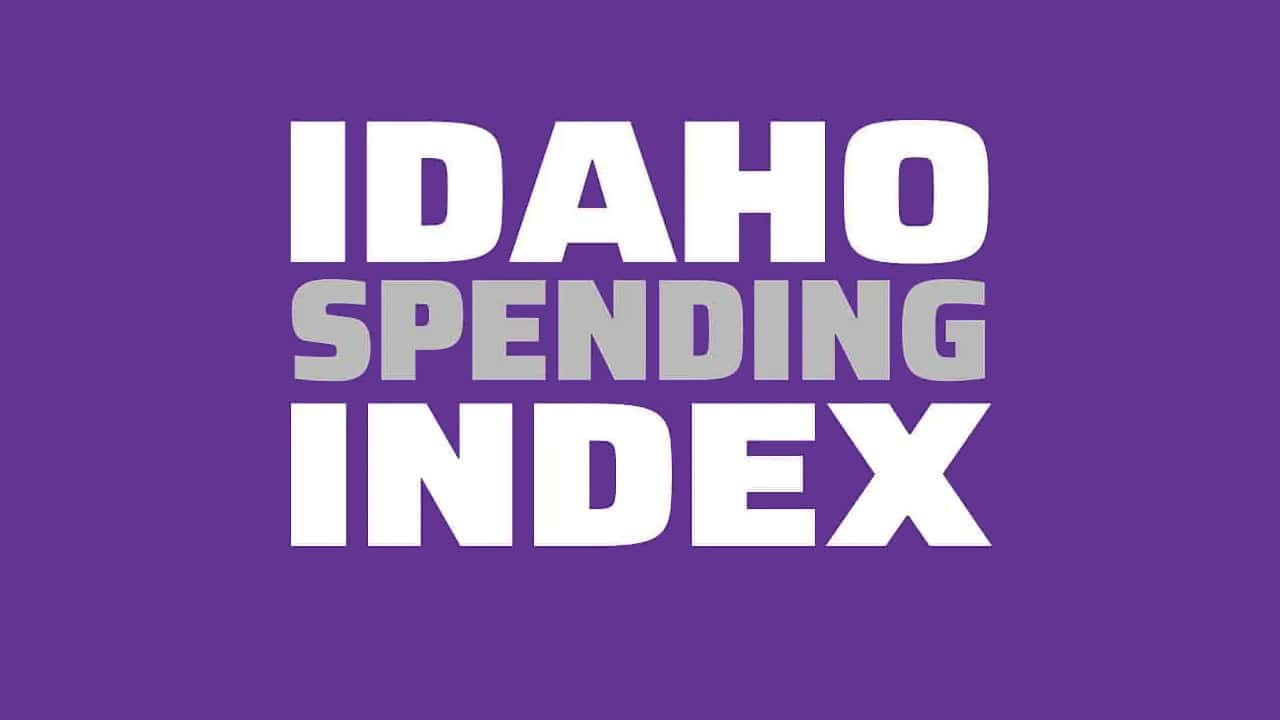


The Idaho Spending Index serves to provide a fiscally conservative perspective on state budgeting while providing an unbiased measurement of how Idaho lawmakers apply these values to their voting behavior on appropriations bills. Each bill is analyzed within the context of the metrics below. They receive one (+1) point for each metric that is satisfied by freedom-focused policymaking and lose one (-1) point for each instance in which the inverse is true. The sum of these points composes the score for the bill.
Analyst: Niklas Kleinworth
Rating: -3
Bill Description: Senate Bill 1372 appropriates $66,947,400 and 231.00 full-time positions to the Department of Agriculture for fiscal year 2025.
Does this budget enact powers and activities that extend beyond the proper role of government? Conversely, does this budget fulfill the proper role of government?
Senate Bill 1372 appropriates $6.2 million in federal Resilient Food Systems Grants. This funding is to be distributed to food producers to “expand capacity for the aggregation, processing, manufacturing, storing, transporting, wholesaling, and distribution of Idaho Food products.”
It is beyond the proper role of government to subsidize private industry, including agriculture. Doing so dilutes the effect of the free market to choose winners and losers. It also makes Idaho’s farmers depend on the federal government to sustain their operations. Additionally, programs such as the Resilient Food Systems Grants contribute to inflationary federal spending practices that fail to deliver on their promises of curbing rising food prices for Idaho families.
(-1)
Does this budget incur any wasteful spending among discretionary funds, including new line items? Conversely, does this budget contain any provisions that serve to reduce spending where possible (i.e. base reductions, debt reconciliation, etc.)?
Senate Bill 1372 also includes an appropriation of $5,700 to direct increased revenues from the Honey Commission Tax. The Honey Commission collects an “annual five-cent tax per hive or colony of bees” to advertise and promote Idaho’s honey industry. This is an unnecessary government intervention in the workings of the free market and adds a cost to honey operations and consumption of Idaho honey.
If there is excess revenue from the honey tax, that suggests the tax should be reduced or eliminated. Dedicating more funding to the Honey Commission instead is a wasteful expense.
(-1)
Is the maintenance budget inappropriate for the needs of the state, the size of the agency, or the inflationary environment of the economy? Conversely, is the maintenance budget appropriate given the needs of the state and economic pressures?
This legislation confirms the maintenance budget for the Department of Agriculture of $50,146,500, growing it from the base by 16.0% over the last three years. This rate is two percentage points lower than the rate of inflation over the same period, demonstrating acceptable growth in the agency’s ongoing costs.
(+1)
Does this budget perpetuate or expand state dependence on federal dollars, thereby violating principles of federalism? Conversely, does this budget actively reduce the amount of federal dollars used to balance this budget?
The Idaho Department of Agriculture relies on federal funding to support 20.4% of its budget. With one in five dollars coming from Washington, D.C., to support its operations, the agency is substantially dependent on federal funds.
(-1)
Does the budget grow government through the addition of new permanent FTPs or through funding unlegislated efforts to create new or expanded entitlement programs? Conversely, does this budget reduce the size of government staff and programs except where compelled by new legislation?
This budget proposes to add six new full time positions to the Department of Agriculture. These positions include a new East Idaho veterinarian, two new dairy inspectors, one new seed lab position, and two new positions for ongoing Quagga Mussel mitigation.
The new Quagga Mussel personnel are meant to respond to last summer’s crisis in the Snake River. The issue has largely been mitigated, however, and adding ongoing new personnel is unnecessary.
(-1)
Does this budget contain hidden fund transfers or supplemental expenditures that work to enact new policy or are not valid emergency expenditures? Conversely, are fund transfers only made to stabilization funds or are supplemental requests only made in the interest of resolving valid fiscal emergencies?
This budget also includes an appropriation for a deficiency warrant of $627,900 in the 2024 fiscal year. These funds were used to mitigate invasive species, not including the Quagga Mussel response. The mitigation of these invasive pests cannot be planned and qualify as a true emergency expenditure.
(0)

